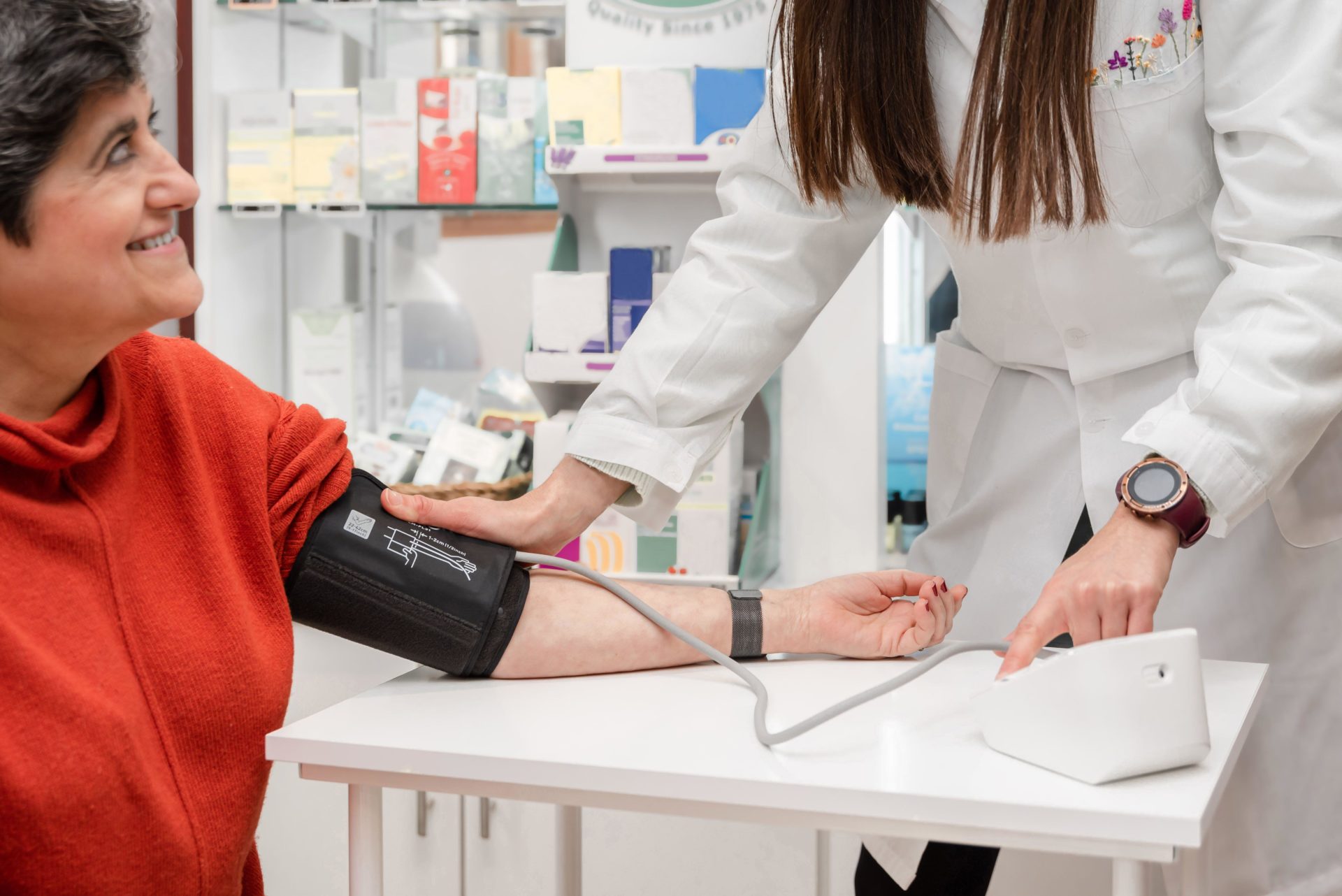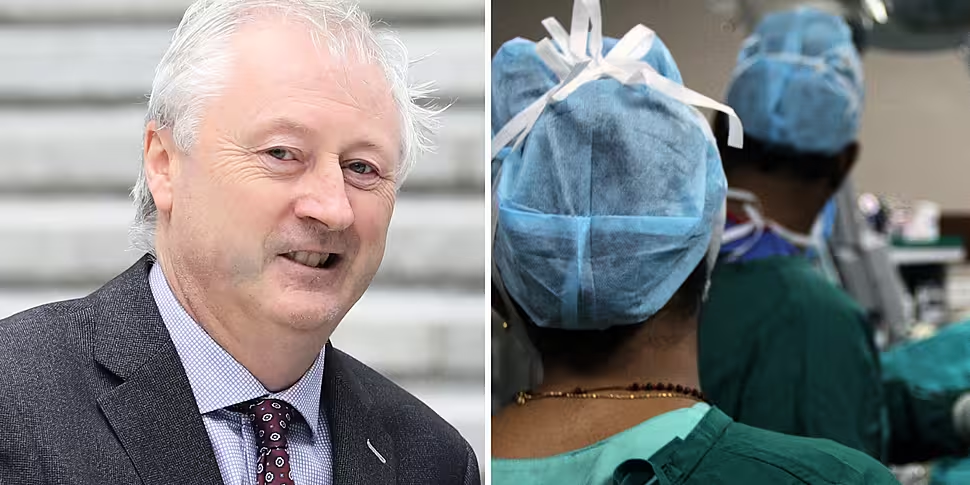Ireland is "possibly the worst performing health system in the Northern Hemisphere", according to the former HSE Director of Digital Transformation.
In August of last year, the HSE Director of Digital Transformation and Open Innovation Martin Curley told Newstalk's Tech Correspondent Jess Kelly that the right investment could transform the health system from one of the worst in the Northern Hemisphere to one of the best.
However, one year later, Professor Curley has left his position in the HSE, and warns that Ireland is still "the canary in the coal mine for the global health systems."
"It was both professionally and personally untenable to stay in the HSE," he told The Pat Kenny Show.
"If I think about the HSE, I think about the culture and two words come to mind; fear and failure.
"It all comes down to leadership and there's just been an abject lack of leadership – we've had a catastrophic failure in strategy.
"Western health systems are going to break down but Ireland actually is an extraordinarily bad poster child. Health spending is out of control."
Spending
Professor Curley said a certain level of "trickery" could make it seem that Ireland is actually below average for health spending.
"If you consider GDP, we're actually below the EU and OECD average. But, that's unrealistic for Ireland since our GDP per capita is so high," he said.
"A better measure is Gross National Income (GNI), and we're running about two percentage points above the OECD average."
Despite this, Professor Curley said Ireland ranks number 80 in the world for performance.
"So by any objective measure, we're possibly the worst performing health system in the Northern Hemisphere," he said.
"We cannot continue with what we're doing."
'Copernican shifts'
Professor Curley said Ireland has at least five "Copernican shifts" – completely different perspectives – it must undertake to improve the health systems.
"The first is we need to shift from illness to wellness, in Ireland and Europe we are spending 97% of our budget on illness," he said.
"We're choosing to give care in the most expensive place – an acute hospital – at the last possible moment when people really need the care.
"Small percentage points just focus on wellness and many of us are born well, and the technologies are here that will actually help people stay well."
 Female pharmacist in white robe using sphygmomanometer while measuring blood pressure female customer in pharmacy (ADDICTIVE STOCK CREATIVES / Alamy Stock Photo)
Female pharmacist in white robe using sphygmomanometer while measuring blood pressure female customer in pharmacy (ADDICTIVE STOCK CREATIVES / Alamy Stock Photo)Professor Curley is advocating for patients to be "empowered" with information about their own health – through the use of at-home monitoring.
This digital care could also be deployed to clinical settings – where a nurse could now manage 100 patients rather than one – leading to"lower costs" and "better outcomes for the patient and clinicians."
'What were we thinking?'
Professor Curley said Ireland previously had the potential to deliver a world-leading wellness service for our citizens, which was "blocked by certain elements in the HSE."
"People will look back and say, 'What were people thinking?' We know more about cars than we do about our own health," he said.
"Healthcare is about a decade behind in digitalizing, but it's about 20 years behind in operations management and quality management."
 A young doctor using a digital tablet in a hospital with her colleagues in the background (Panther Media GmbH / Alamy Stock Photo)
A young doctor using a digital tablet in a hospital with her colleagues in the background (Panther Media GmbH / Alamy Stock Photo)Digital intervention
Professor Curley gave the example of a Donegal nurse who worked with patients last year suffering from chronic obstructive pulmonary disease (COPD). She used new technology to monitor the respiration rate of the patients from their homes.
"If somebody has an exacerbation, a rescue script is activated. In six months, we haven't had a single hospitalisation in Donegal," she said.
"We had the worst respiratory crisis last winter – worse than COVID – this technology was available and not adopted.
"The sole cost of this intervention was about €900 for drugs, whereas the hospitalisation probably would have cost about €200,000.
"With digital, you can get four benefits; better outcomes, lower cost, better patient condition experience and better patient condition quality of life."
You can listen back here:
Main image shows a split of Martin Curley and an operating room.









